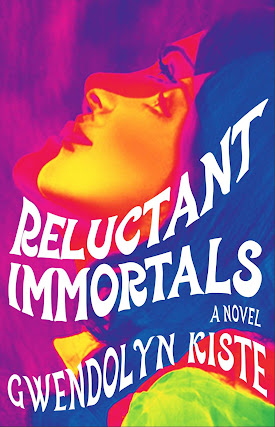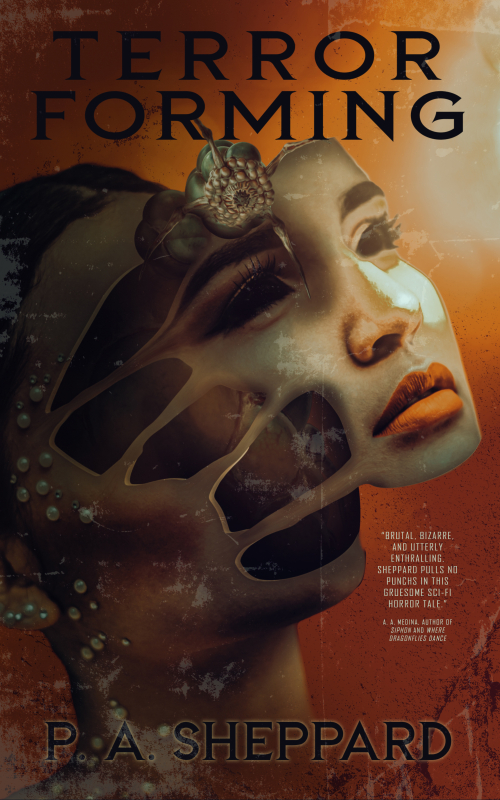How to Critique Your Own Writing?
This is such a hard thing to do, and I find myself thinking about this a lot. On one hand I have a lot of really great people in my life who I know if I asked them to read some of work and critique it they'd only come back with praise. Whilst the prospect of only gaining praise for my writing is a very happy one, it's not always useful.
I also feel that if I joined a writers group to get feedback, they may be too harsh, and/ or I would be too easily hurt by any constructive feedback. There's always the suspicion someone might copy one of my stories so I decided this route was also not for me.
That leaves me with the very hard task of having to critique my own work which if I'm being completely honest is something I am very far from mastering. It's very hard to critique something which you have become so closely involved with. In fact I believe that no one can ever really critique their own work which is exactly why successful authors always work with an editor to make sure their work is presented in it's best form.
So here are my tips for critiquing your own work, if you can think of any methods which I have not mentioned please feel free to add them in the comments box.
I also feel that if I joined a writers group to get feedback, they may be too harsh, and/ or I would be too easily hurt by any constructive feedback. There's always the suspicion someone might copy one of my stories so I decided this route was also not for me.
That leaves me with the very hard task of having to critique my own work which if I'm being completely honest is something I am very far from mastering. It's very hard to critique something which you have become so closely involved with. In fact I believe that no one can ever really critique their own work which is exactly why successful authors always work with an editor to make sure their work is presented in it's best form.
So here are my tips for critiquing your own work, if you can think of any methods which I have not mentioned please feel free to add them in the comments box.
How to critique a short story?
- Once you have finished your short story, leave it alone for a at least a few weeks. In the meantime think about what your story was about, what was the point to your story? What exactly were you trying to portray?
- When you edit your story you need to edit it in two ways. The first edit involves shaping the story. Are you happy with the content? Does it express what you wanted it to say? The second edit involves only looking at the grammar and punctuation. As loathsome as this task is, do not underestimate the importance of doing this. If your grammar and punctuation knowledge needs refreshing do check out the following pages - Improve Your Grammar and Improve Your Punctuation. This is vital if you want to impress a judge or magazine editor and will give your work a professional feel.
- Another method I use is to constantly re-evaluate old stories I have not read for many months, the longer you leave a story the less familiar you will become with it, and you'll be surprised the things you'll spot.
How to critique a novel?
This is quite similar to the process of critiquing a short story but it is so much harder as there are so many more words. A novel is classified as a work of fiction with a word count of at least 60,000 words, an average short story is about 5,000. Another factor in critiquing a novel is that they will also contain more characters and have subplots. This is no easy task.- My first tip once you have written a first draft, is to leave it for at least six months to a year. A first draft can be very rough, it ay only contain the main plot and there may be a few gaps.
- Whilst you are waiting to have a go at the second draft you can spend your time researching background information for your novel. If your novel is set in the past you will need to research thoroughly the time period it is in so you can get a clear picture of what life was like then to make your story seem real and authentic. This can be a really fun project to do as well as give your more ideas and inspiration for your story.
- Don't be afraid to rewrite large parts of your story once you begin your second edit. If something isn't relevant to the plot it may be a good idea to take it out.
- It is also important to evaluate your characters. Do they seem real? Are they likeable? Do you know them well enough? Will the reader understand their feelings and actions?

.jpg)



Comments
Post a Comment